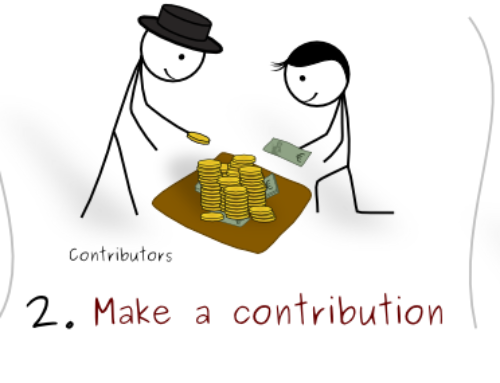Goes without saying:
Smile, maintain eye contact, stay calm, and do not discuss your personal life.
Interview techniques – Preparation and planning
Prepare thoroughly. This is the key to success. Ensure you take proof of identity, certificates as evidence of your qualifications and examples of your previous work. Research the company, through the internet or marketing material. Plan your answers to standard questions; you need to be flexible. Ensure you have up to date knowledge of developments in your sector.
Arriving early – This could be in our ‘goes without saying’ section but it is so important, it needs singling out. Arriving late, it is quite simply, unacceptable.
Body language – Employers will intuitively draw conclusions from your posture, gestures and expressions. You want to be seen as open and attentive; not closed and bored.
Listening – This is surprisingly difficult given the situation. But listening closely is just so essential. You do not want to miss any information offered or ask for it to be repeated. You have to concentrate.
Answering the question An interview is like an examination. If you don’t answer the question you won’t get any marks. Don’t let this happen to you.
Giving examples – If you are asked about your skills, either technical or behavioural, then give precise examples to illustrate your previous success. Prove it.
Asking the questions – Prepare questions to ask. These could involve, opportunities for promotion or training, ask when and how. Ask for feedback on the interview, whether you get the job or not. It will be invaluable.
Projecting personality – People buy people. They have to like you. Connect with the panel. Remember their names. Show them that you are a flexible team player who is co-operative and reasonable.
Try harder Are you ready for that interview?
Preparation is an important part of the interview process.Try harder
Arriving early – This could be in our ‘goes without saying’ section but it is so important, it needs singling out. Arriving late, it is quite simply, unacceptable.
Body language – Employers will intuitively draw conclusions from your posture, gestures and expressions. You want to be seen as open and attentive; not closed and bored.
Listening – This is surprisingly difficult given the situation. But listening closely is just so essential. You do not want to miss any information offered or ask for it to be repeated. You have to concentrate.
Answering the question An interview is like an examination. If you don’t answer the question you won’t get any marks. Don’t let this happen to you.
Giving examples – If you are asked about your skills, either technical or behavioural, then give precise examples to illustrate your previous success. Prove it.
Asking the questions – Prepare questions to ask. These could involve, opportunities for promotion or training, ask when and how. Ask for feedback on the interview, whether you get the job or not. It will be invaluable.
Projecting personality – People buy people. They have to like you. Connect with the panel. Remember their names. Show them that you are a flexible team player who is co-operative and reasonable.
Are you ready for that interview?





Leave A Comment
You must be logged in to post a comment.